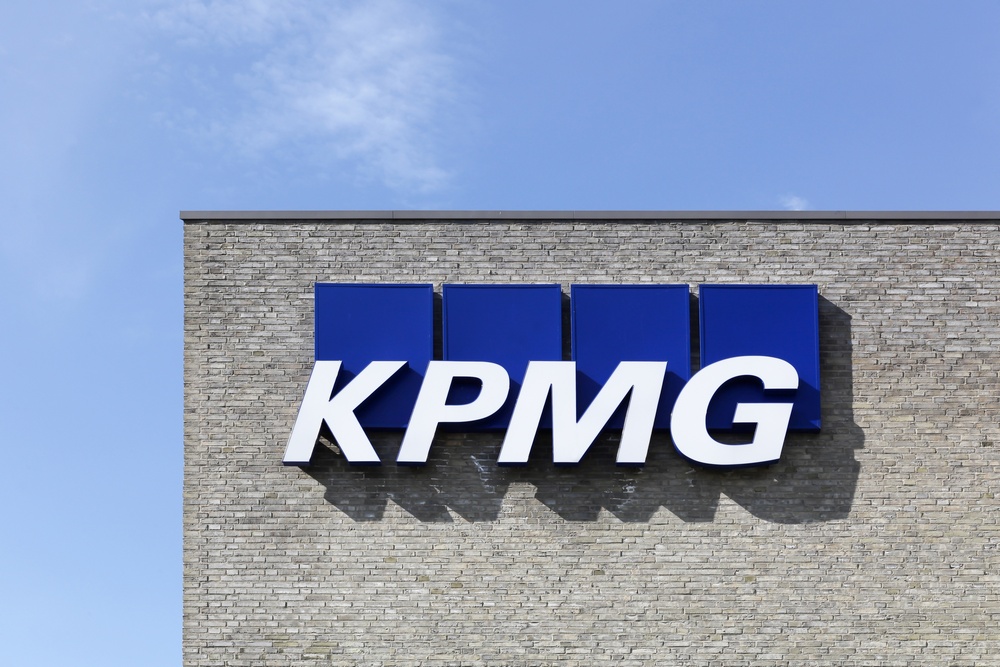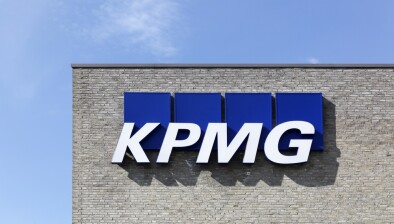KPMG: CEOs remain confident despite grappling with multiple challenges amid geopolitical pressures

The business landscape has entered a state of rapid change and uncertainty, primarily influenced by geopolitics, according to KPMG’s annual survey of more than 1,300 CEOs – 150 in the UK – of the world’s largest businesses.
The KPMG 2023 CEO Outlook survey, conducted in August and September of this year, also revealed that a majority of CEOs (64% globally and 63% in the UK) predict a full return to in-office working by 2026.
While confidence in the global economic outlook over the next three years remains broadly similar to last year (73% compared to 71% last year globally, but a drop small drop to 77% in the UK this year compared to 79% in 2022), there has been a shift across CEOs’ views on what constitutes a risk to their business.
Geopolitics and political uncertainty are the leading perceived risk for senior executives globally and in the UK today - concerns that weren’t in the top three in the 2022 survey.
In addition, over three quarters of CEOs (77% with 84% in the UK) say rising interest rates and tightening monetary policies could risk or prolong the threat of a global recession.
Meanwhile, over three in four CEOs (77% globally and 83% in the UK) believe that cost of living pressures are likely to negatively impact their organisation’s prosperity over the next three years.
The persistent flux in global politics, trade dynamics and international relations means CEOs are reassessing their strategic priorities while demonstrating resilience.
Jon Holt, chief executive of KPMG in the UK, said: “UK business leaders have had to face into a myriad of complex challenges over the past year with geopolitics and political uncertainty cited as the biggest threats to their growth prospects.
“We know that what CEOs really want is certainty to support long term-business planning. And to stay ahead and build a stable business for the future, most are chasing that competitive edge for their firms and their clients, including better digitisation.
“Despite half of CEOs only expecting a return on investment in three to five years they are investing heavily in generative AI, while also sticking to their sustainability efforts and continually debating the return to office question.”
CEOs are increasingly steadfast in their support of pre-pandemic ways of working, with a majority (64% globally and 63% in the UK) predicting a full return to in-office work within the next three years. And 87% of CEOs (83% in the UK) surveyed express a likelihood of linking financial reward and promotion opportunities to a return to in-office working practices.
Holt added: “This isn’t a one-size fits all approach. And issuing an ‘all hands on deck’ edict is a simple response to a complex issue – it won’t work for all businesses.
‘Some sort of hybrid working is likely to remain a useful way to attract and retain the good people the CEOs know their business needs. Having the right employee value proposition to attract and retain talent is near the top of the priority list for CEOs in our survey.
“The wellbeing of younger colleagues is a particular issue here. They’re a generation whose early work experience has been defined by Covid and the cost-of-living squeeze. As leaders, we have a duty to nurture and support their careers and wellbeing. And spending at least some of their time in the office is likely to be good for those younger colleagues.
“There’s no denying that remote working v back to the office can create tensions between leaders and employees. These are big issues with big impacts on our lives. But CEOs hoping to return to an all-office world will have to work collaboratively and carefully with colleagues to get it right.”
CEOs continue to prioritise ESG despite polarising discourse
Despite a year of polarising debate surrounding the term ESG, CEOs recognise that delivering against the environmental, social and governance issues remains an integral part of their business operations and long-term corporate strategies. This is supported by 69% of CEOs (79% in the UK) who have embedded ESG into their business as a means of value creation.
Reflecting a shift in awareness and dialogue on ESG, 35% of CEOs (44% in the UK) have changed the language they use to refer to ESG both internally and externally. This signals a trend towards CEOs getting more specific about each aspect of the acronym and prioritising their efforts where they can have the most impact.
However, globally CEOs believe that they are still a few years away from seeing a return on their ESG investment. Those surveyed believe that ESG will have the greatest impact over the next three years on their customer relationships, brand reputation and M&A strategy.
CEOs understand that their role continues to be increasingly driven by public and investor pressure, with 64% (61% in the UK) believing that, as trust in some institutions decline, the public expects business to fill the void of societal changes.
Ethical challenges surround generative AI but are not stifling investment
The findings show that CEOs are continuing to invest heavily in generative AI in search of a competitive edge for the future, listing the technology as a top investment priority in the medium term. Seventy percent of CEOs (71% in the UK) agree that generative AI remains high on their list of priorities, with most (52% globally and 55% in the UK) expecting to see a return on their investment in three to five years.
Despite a willingness to push forward with their investments, global CEOs cited ethical challenges as their number one concern in terms of the implementation of generative AI. The cost of implementation (55% globally and 63% in the UK) and a lack of regulation and technical capability (50% globally and 47% in the UK) followed.







